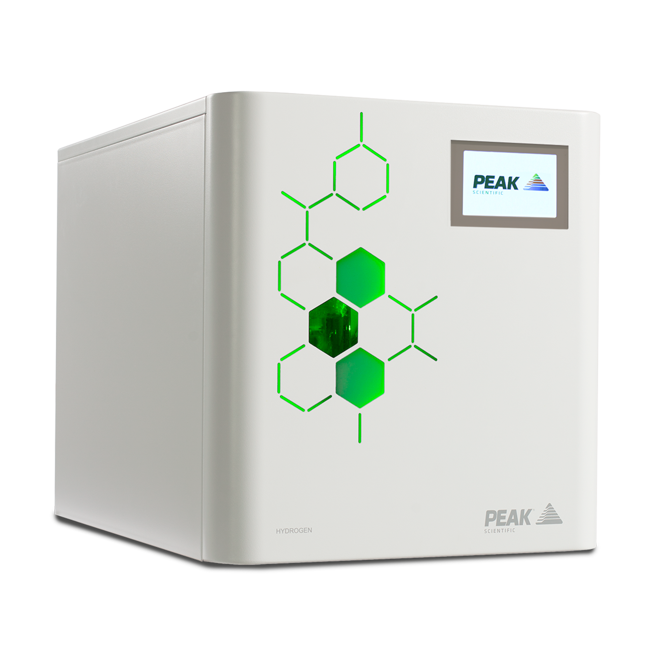GC Detects Aromas in Aged Cognac
Using gas chromatography, a team of researchers from the University of Bordeaux recently discovered new compounds which contribute to an aged Cognac’s intricate aroma – new and exciting insight into what makes cognac the real deal.

The flavor of Cognac
For a spirit or wine connoisseur, a major part of the pleasure is taking note of the different flavors and scents you get with every sip. This is especially the case when tasting cognac, a twice-distilled type of brandy aged for at least two years in French oak barrels.
When trying new cognac, our sense of smell plays an important role in the way we perceive the flavor. When it comes to alcoholic spirits, these flavors are derived from all the different organic compounds that change over time. Given that a cognac is sometimes aged for decades before it is ready to be enjoyed, it develops an extraordinary profile that can be hard to identify.
Although a lot of research has been carried out on young cognac flavors, not much is known about the effects the aging process can have on a cognac’s aroma. The aging itself is initiated by the compounds of the oak barrels which store the cognac distillate, and also as a result of the evaporation of ethanol, also known as ‘the angel’s share’.
Gas chromatography and new compounds in cognac
To find out what olfactory elements influence the aroma of aging cognac, the team of researchers used a combination of gas chromatography (GC), olfactometry and mass spectrometry to separate and identify the components of a series of distillates, with a range from just under a decade to 50 years old.
A number of terpenoids, the compounds which give wine its floral flavors, were found for the first time in cognac when using these analytical methods. Using this data, the team then ran a sensory panel to observe how certain cognac compounds add to the aging aroma when mixed together. For instance, (Z)-whisky lactone and (E)-β-damascenone contributed to the flavors of terpenes present in aged cognac, but these same compounds did not have an effect on younger distillates. The results from this study can help shed a new light on new ways of enhancing aged cognac aroma for spirit manufacturers.
Hydrogen Gas Generator for Gas Chromatography
Traditional bulk supply methods of gas are increasingly being replaced by an in-house hydrogen gas generator for GC analysis. Providing a more dependable and safer solution for GC, especially when compared to gas cylinders or dewars. With a hydrogen gas generator in your lab, you can produce your own gas and have access to it on-demand, 24/7.

PEAK Scientific’s Precision Hydrogen gas generator is offered in two variants, standard and trace. The standard model is designed for applications where hydrogen is required as a fuel gas, such as FPD and FID. The standard model is available in 100cc, 200cc and 300cc. The trace hydrogen gas generator is for labs requiring hydrogen as carrier gas, and can deliver flowrates of up to 1200cc/min. Precision Hydrogen Trace can supply hydrogen gas to multiple detectors and GC/GC-MS instruments, offering your lab a reliable gas source.
References: